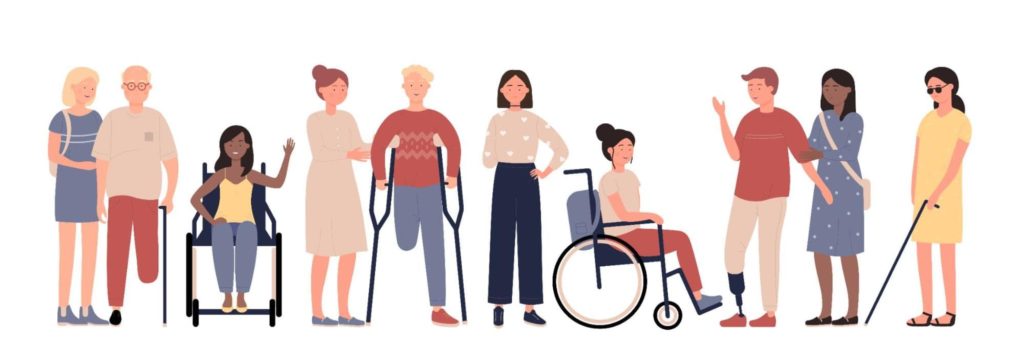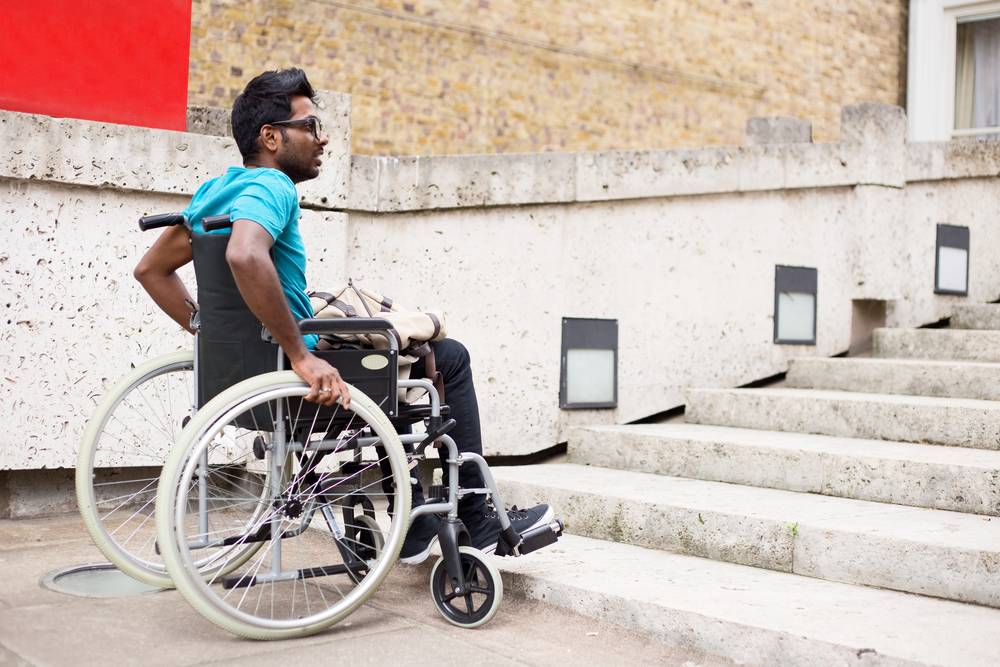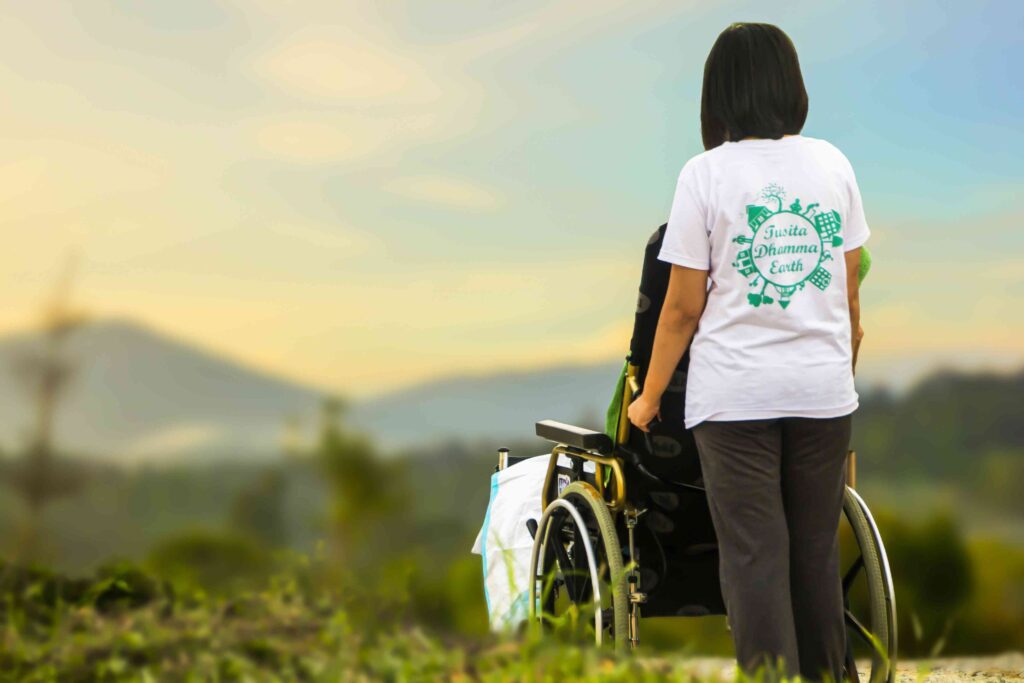Orthopedic Health for People with Disabilities: Promoting Inclusive Care and Rehabilitation
Orthopedic health for individuals is crucial for individuals with disabilities, as it plays a significant role in their overall well-being and quality of life. In this article, we will explore the importance of orthopedic care and rehabilitation for people with disabilities, as well as the challenges they may face in accessing such care. Additionally, we will discuss the various types of rehabilitation available and the benefits they offer to individuals with disabilities.
Rehabilitation of Disabled Persons:
Rehabilitation for disabled individuals encompasses a range of medical, therapeutic, and supportive services aimed at restoring or enhancing their physical, cognitive, and social functioning. It includes interventions such as physical therapy, occupational therapy, speech therapy, and psychological counseling, tailored to meet the specific needs of each individual.

Orthopedically Disabled:
Orthopedic disability refers to impairments or limitations in musculoskeletal function, often resulting from congenital conditions, traumatic injuries, or degenerative diseases. These disabilities can affect mobility, strength, balance, and coordination, making it challenging for individuals to perform daily activities independently.
Coping with Disability in Everyday Life:
Disabled individuals often face numerous challenges in their daily lives, including physical barriers, societal stigma, and limited access to healthcare and rehabilitation services. However, many develop adaptive strategies and resilience to overcome these challenges and lead fulfilling lives. Support from family, friends, and healthcare professionals is essential in facilitating their independence and well-being.

Benefits of Rehabilitation for Persons with Disabilities:
Rehabilitation offers numerous benefits to individuals with disabilities, including improved mobility, function, and quality of life. It helps them regain lost skills, learn new coping strategies, and achieve greater independence in performing daily activities. Additionally, rehabilitation can reduce pain, prevent secondary complications, and enhance social participation and inclusion.
Types of Rehabilitation:
There are several types of rehabilitation programs available for individuals with disabilities, each addressing different aspects of their health and well-being. Physical therapy focuses on improving strength, flexibility, and mobility through targeted exercises and interventions. Occupational therapy helps individuals develop skills for performing activities of daily living, such as dressing, grooming, and cooking. Speech therapy addresses communication and swallowing difficulties, while psychological counseling provides support for mental health and emotional well-being.

Conclusion:
Orthopedic health is essential for individuals with disabilities to maintain mobility, independence, and overall well-being. Access to comprehensive rehabilitation services is crucial in promoting inclusive care and enabling individuals to achieve their full potential. By addressing the unique needs of people with disabilities and providing tailored interventions, we can ensure that everyone has equal opportunities for health and participation in society.
Know More About Disability, Rehabilitation, Socioeconomics and Health
Orthopedic Care for Amputees: Prosthetics and Rehabilitation
